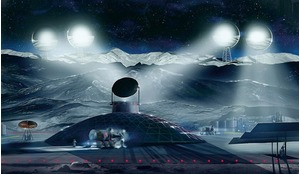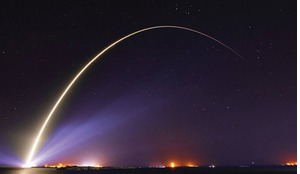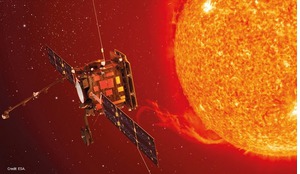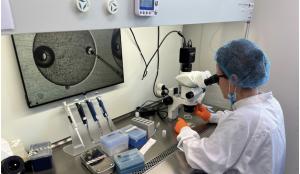Recent growth in the space transportation business, fuelled by interest and investment from private companies, has led to the development of a number of spaceports in the United States. But what about Europe? This article, based on a report by Commercial Space Technologies, discusses the options.
According to the Federal Aviation Administration (FAA), nine private US companies currently hold 26 active commercial licenses granted by the US Office of Commercial Space Transportation. Their commercial space transportation activities are supported by 11 commercial domestic launch sites (also known as spaceports) and one overseas site in New Zealand.
Following the lead set principally by the US, other countries around the world are starting to commercialise their space programmes, in the hope of reducing associated costs and acquiring a larger share of the rapidly expanding space market.
The majority of European orbital space transportation activities are carried out by Ariane, Soyuz and Vega launchers from the Guiana Space Centre in Kourou, French Guiana, on the Atlantic coast of South America. On the one hand, the launch site’s remoteness is advantageous for flight safety and its near-equatorial location achieves payload gains from the Earth’s rotation. On the other hand, this site is distant from Europe, and thus incapable of providing rapid and affordable access to space for many commercial customers interested in launching small payloads (below 100 kg) or taking a tourist flight into space.














